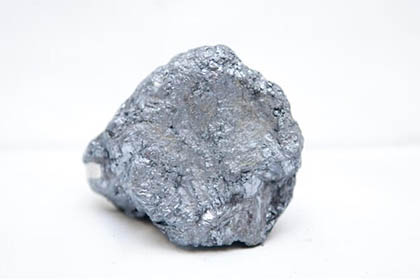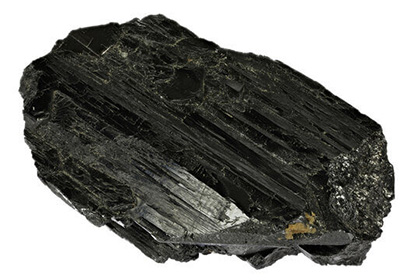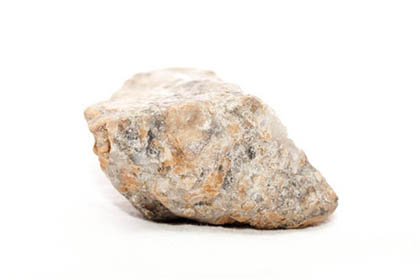Gold Tailings Reprocessing: Unlock Hidden Value & Boost Sustainability
 Sheena
Sheena
 Mar 14, 2025
Mar 14, 2025
 205
205
If you want to know more details about equipment, solutions, etc, please click the button below for free consultation, or leave your requirements!
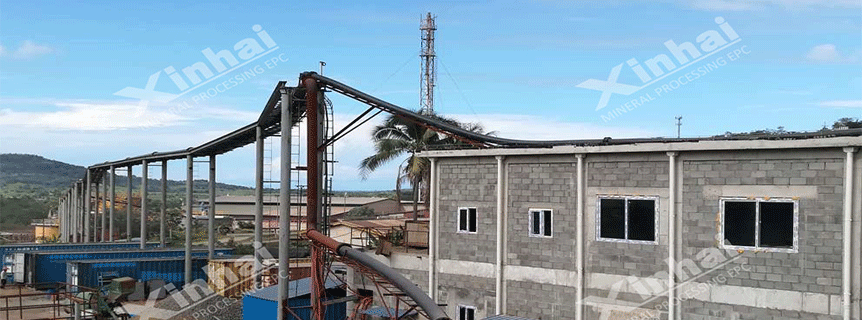
3000tpd-gold-tailings-reprocess-plant
01Overview and Importance
BackWith global mineral resources depleting and environmental regulations tightening, reprocessing gold tailings has become a critical strategy for:
1. Resource Recovery: Extracting residual gold, silver, copper, and rare metals from legacy tailings.
2. Environmental Remediation: Reducing risks of tailings dam failures, water/soil contamination, and land occupation.
3. Circular Economy: Converting waste into value (e.g., construction materials from silica/iron residues).
02Tailings Composition and Challenges
Back
1. Key Components: Residual gold (often 0.3–2 g/t), sulfides (pyrite), silicates, iron oxides, and traces of cyanide/mercury.
2. Challenges: Fine particle size (<75 µm), complex mineralogy, and legacy contaminants (e.g., arsenic).
3. Pre-Treatment: Dewatering, screening, and desanding to optimize feed for downstream processes.
03Technical Process Flow
Back
A. Core Reprocessing Methods
1. Gravity Separation (Re-Election)
Target: Coarse free gold (>75 µm).
Equipment: Jigs, shaking tables, centrifugal concentrators (Knelson/Falcon).
Recovery: 30–60% of liberated gold.
2. Flotation
Target: Fine gold locked in sulfides (e.g., pyrite).
Process: Xanthate-based reagents to float sulfide concentrates.
Recovery: 60–80% with proper grind size (P80 ~150 µm).
3. Cyanidation (CIL/CIP)
Target: Fine, refractory gold.
Process: Leaching with NaCN (0.05–0.2% concentration), activated carbon adsorption.
Recovery: 70–95% (requires detoxification for environmental compliance).
4. Alternative Methods
Thiosulfate Leaching: Non-toxic option for cyanide-restricted regions.
Bioleaching: Bacteria (e.g., Acidithiobacillus) to oxidize sulfides and liberate gold.
B. Comprehensive Utilization
1. By-Products: Silica/iron for cement, bricks, or road base.
2. Rare Metals: Recovery of tellurium, selenium, or PGMs via hydrometallurgy.
3. Environmental and Economic Benefits
Waste Reduction: Up to 50–70% reduction in tailings volume post-reprocessing.
ESG Compliance: Mitigates legacy liabilities (e.g., acid mine drainage) and aligns with UN Sustainable Development Goals (SDG 12 and 15).
Profitability: At gold prices >$1,800/oz, projects achieve ROI in 3–5 years with grades as low as 0.5 g/t.
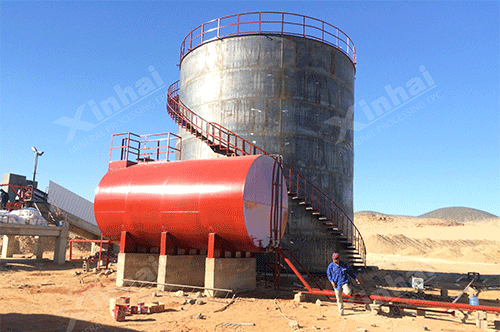
04Future Trends
Back
1. Smart Technologies: AI-driven process optimization and IoT sensors for real-time tailings monitoring.
2. Zero-Waste Goals: Hybrid processes (e.g., flotation + bioleaching) to maximize metal recovery and by-product valorization.
3. Global Expansion: High-potential regions include South Africa, Canada, and Southeast Asia, where legacy tailings dams are abundant.
05Conclusion
BackGold tailings reprocessing bridges resource efficiency and environmental stewardship. Companies like Xinhai Mining are pivotal in advancing green mining through innovative, scalable solutions. As technology evolves, reprocessing will transition from a niche practice to a cornerstone of sustainable mining, unlocking billions in stranded resources while rehabilitating ecosystems.
For a tailored feasibility study or process design, specific tailings characterization data (e.g., particle size distribution, gold grade) would be needed to optimize recovery and cost models. Let me know if you'd like to explore further!
 +86 18716000713
+86 18716000713 xlyin@xinhaimining.net
xlyin@xinhaimining.net



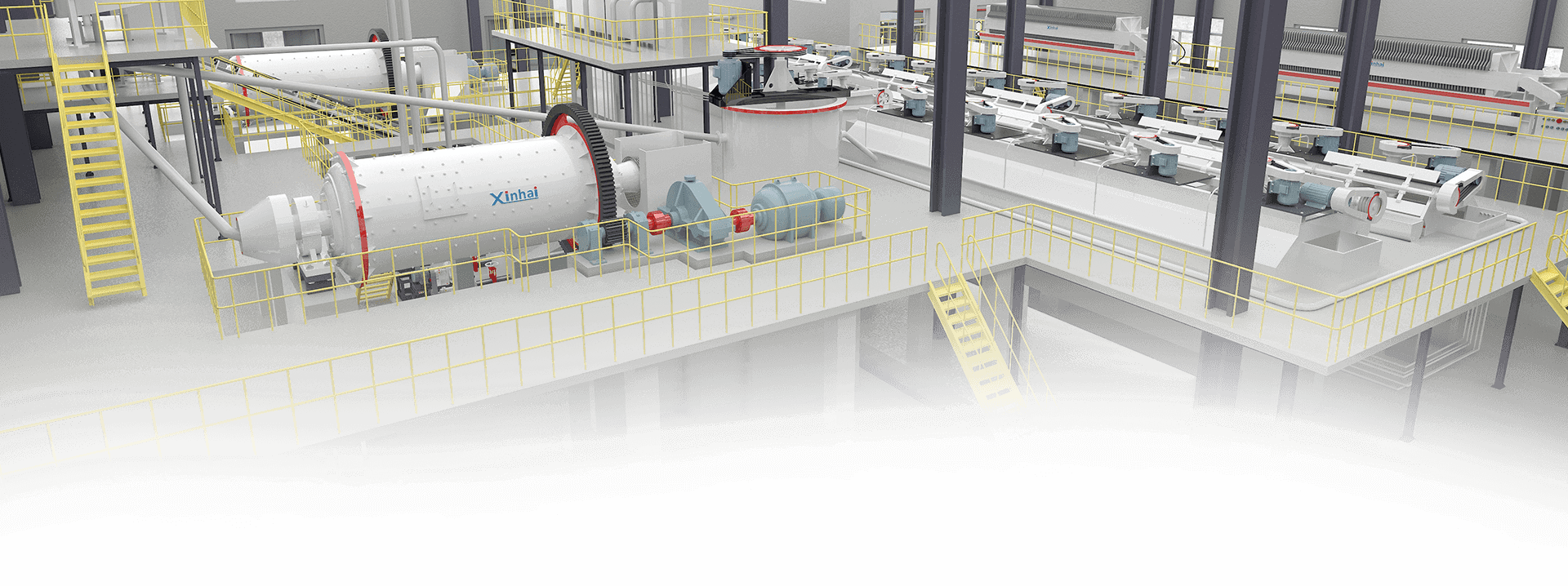
 Message
Message Chat Now
Chat Now


